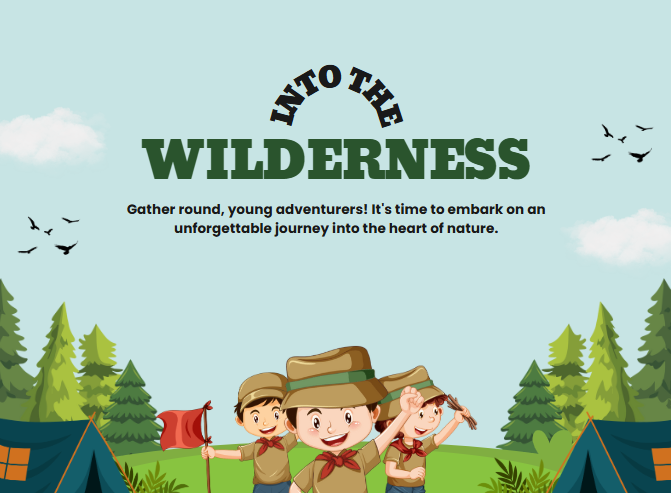
Why Outdoor Play is Crucial for Kids’ Growth: Unlocking the Benefits of Nature
In today’s digital age, children often spend a significant amount of time indoors, whether it’s playing video games, watching TV, or engaging with screens for educational purposes. However, outdoor play remains one of the most vital components of a child’s development. From boosting physical health to enhancing creativity and emotional well-being, outdoor play offers countless benefits that can’t be replicated indoors. In this post, we’ll explore why outdoor play is crucial for kids’ growth and how parents can encourage more time spent outside.
Physical Health and Development: Strengthening the Body
Outdoor play is essential for children’s physical development. It provides opportunities for them to engage in active play, which is key to building strength, coordination, and motor skills. Whether it’s climbing, running, jumping, or biking, physical activities outdoors help children develop muscles, improve cardiovascular health, and enhance their flexibility. Here’s how:
- Gross Motor Skills: Activities like running, jumping, climbing, and swinging help develop large muscle groups and improve balance, coordination, and agility.
- Strength and Stamina: Regular outdoor play, like riding a bike or playing sports, helps children build endurance and strength, making them more active and energetic throughout the day.
- Vitamin D: Sun exposure during outdoor play promotes the body’s production of Vitamin D, which is essential for healthy bones, immune function, and overall well-being.
Cognitive Development: Enhancing Brain Function
Outdoor play isn’t just good for the body; it’s also beneficial for the brain. Spending time in nature has been shown to improve cognitive functions such as memory, problem-solving, and creativity. Here’s how outdoor play supports cognitive growth:
- Improved Focus and Attention: Studies have shown that children who spend more time outdoors have better attention spans and are less likely to experience symptoms of Attention Deficit Hyperactivity Disorder (ADHD). Natural environments help reduce mental fatigue, allowing children to focus better when indoors.
Creativity and Imagination: Nature provides endless opportunities for children to engage in imaginative play, whether they’re pretending to be explorers, building forts, or inventing games. This type of free play fosters creativity and critical thinking.
Learning Through Exploration: Outdoor environments encourage hands-on learning. Children learn about the natural world by interacting with it—whether they’re examining insects, planting a garden, or exploring a new park. These experiences promote curiosity and an intrinsic love for learning.
